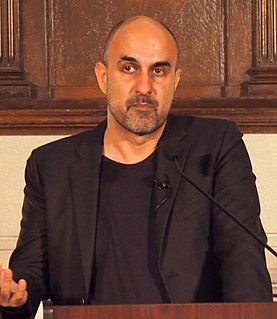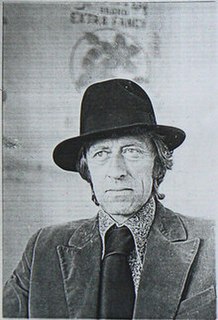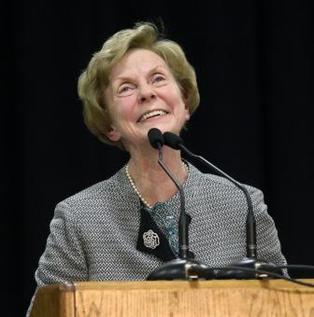A Quote by Jim Crace
When the narrative itself starts knocking on the glassed-in box that was your prescription for how you were going to write this novel... you have to listen to it.
Related Quotes
I realized I had a novel on my hands, but didn't know where it was going to go. So I thought, 'I'm going to do everything that you're not supposed to do when you plan a novel; I'm going to step back and let this thing take itself wherever it wants to go, and I'm not going to worry about how things connect until later on.
I realized I had a novel on my hands, but didn't know where it was going to go. So I thought, 'I'm going to do everything that you're not supposed to do when you plan a novel; I'm going to step back and let this thing take itself wherever it wants to go, and I'm not going to worry about how things connect until later on.'
Reading a novel after reading semiotic theory was like jogging empty-handed after jogging with hand weights. What exquisite guilt she felt, wickedly enjoying narrative! Madeleine felt safe with a nineteenth century novel. There were going to be people in it. Something was going to happen to them in a place resembling the world. Then too there were lots of weddings in Wharton and Austen. There were all kinds of irresistible gloomy men.
After the first shock of recognition - a sudden sense of "this is what I'm going to write" - the novel starts to breed by itself; the process goes on solely in the mind, not on paper. I feel a kind of gentle development, an uncurling inside, and I know that the details are there already, that in fact I would see them plainly if I looked closer, but I prefer to wait until what is loosely called inspiration has completed the task for me.
One of the reasons why language is so sick right now and cliché-ridden and lame and boring and laid-out, and about to go to sleep, is because there aren't a thousand Tom Clarks. If I were writing a prescription right now, you know, if I had my shiny thing here, a stethoscope around my neck, that's the prescription I'd write. Take one thousand Tom Clarks before going to bed.






































